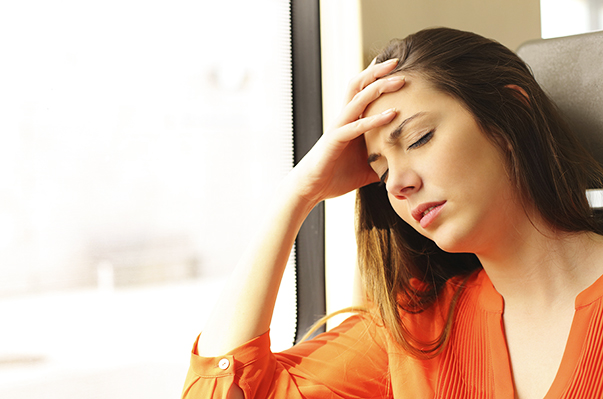No, you’re not the one who feels dizzy after eating. It’s actually a very common phenomenon, and doctors blame it on what’s called postprandial hypotension.
Continue reading if you are already sick and tired of experiencing dizziness once you’re through having a meal — below you will come across some of the things that you may do to keep it from striking.
But before we take a look at the things that may be done to fend off dizziness once you’re through eating, let’s first briefly discuss the cause of it — postprandial hypotension.
Postprandial means the period after a meal. On the other hand, hypotension means low blood pressure. So in other words, postprandial hypotension is a decrease in the blood pressure after eating.
According to doctors, the blood supply to the digestive tract is considerably increased after a meal in order for the body to obtain much of the nutrients present in food.
Such results in a decrease in the blood supply to the rest of the body. When that happens, the blood pressure drops. This is basically how postprandial hypotension comes into being.
When the blood pressure drops, the supply of blood to the brain is decreased. This is most especially true while you are sitting down or standing up.
As a result of that, you end up feeling dizzy. You are likely to feel that way until normal blood pressure is reinstated.
Experts say that low blood pressure due to a meal peaks between 30 minutes to an hour after eating. So in other words, it can take while before that dizziness hits you.
So how do you fend off dizziness after eating? Here are some of the things that you may try next time:
Turn your back on fatty foods
Foods that contain a lot of fat can be hard to digest. This can cause more blood to be diverted to the digestive system, resulting in severe dizziness. Besides, limiting your intake of fatty foods not only helps ward off dizziness after eating, but also weight gain and heart disease.
Steer clear of processed food products
Each time you consume something processed, your body does not only absorb the nutrients present (if any!) but also sweeps out toxins in them. In order to have those tasks performed efficiently at the same time, the blood supply to the intestines is increased, leaving the rest of the body with little blood supply.
Have a small meal
Certainly, having a large meal can leave you feeling dizzy as much of your blood supply is rerouted to your intestines in order to absorb all of the nutrients in the loads of food present in your tummy. Doctors recommend those who are prone to dizziness after eating to have small frequent meals throughout the day. This can help keep the blood pressure more stable after eating.
Drink enough water
Did you know that one of the home remedies for low blood pressure is increased fluid intake? Since dizziness after consuming something can be blamed on low blood pressure, consuming more water can help in maintaining normal blood pressure, thus keeping dizziness from striking.
Avoid having coffee
Experts say that you should refrain from having a cup of coffee after a meal especially if you tend to experience dizziness after eating. That’s because coffee has diuretic properties, which means that it can drive water out of your body and eventually cause your blood pressure to drop.
